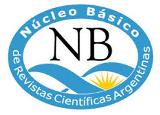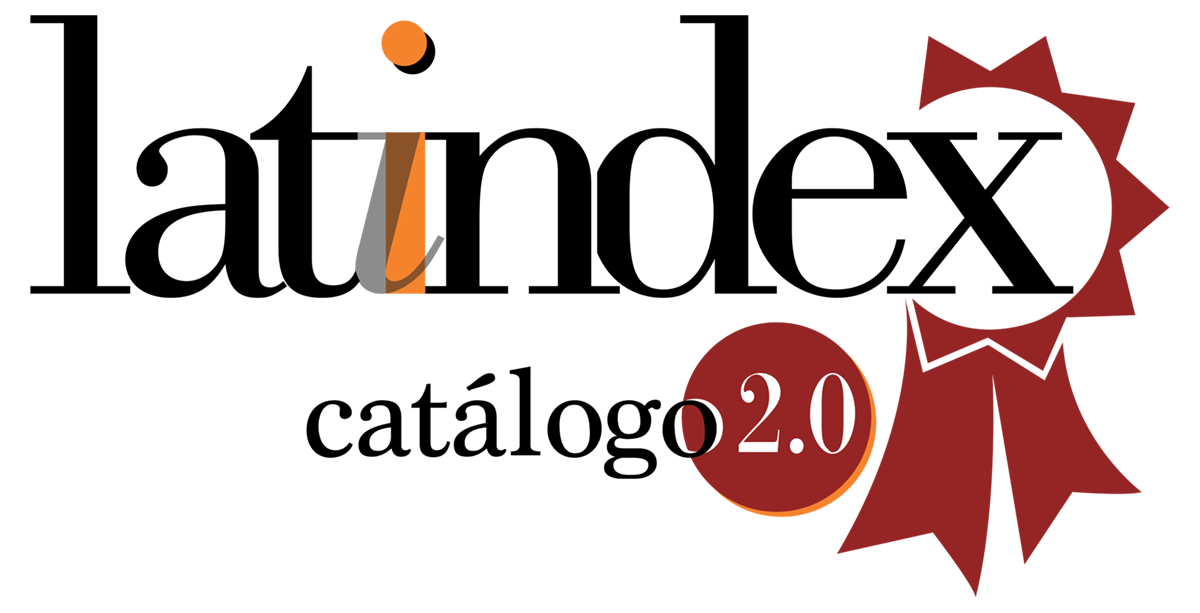From Gutenberg to the global village. (Re) thinking about public policy in the digital age for the publishing industry in Argentina
Keywords:
Publishing, digitization, ebook, public policyAbstract
The new media commodification of goods and intellectual works, change what we recognize as historically book. E-books represent new challenges for the management of the publishing industry: not only by changes in the value chain of publishing and the need to adjust the law to a digital and global environment, but also by new forms and habits reading, defying restrictions (legislative and intrinsic technological design) and demand a new provision of culture. The purpose of this article is to explore and analyze the mutation in the publishing industry, from changes in media and intellectual property works, in order to describe the setting and issues in the digital age and contribute to new guidelines public policy aimed at ensuring the availability of literary culture.Downloads
Downloads
Published
How to Cite
Issue
Section
License
The acceptance of an original by the journal implies the non-exclusive transfer of the economic rights of the authors in favor of the editor, who allows reuse, after editing (postprint), under a Creative Commons Attribution License -NonCommercial-ShareAlike 4.0 International (CC BY-NC-SA 4.0)
In accordance with these terms, the material can be shared (copied and redistributed in any medium or format) and adapted (remixed, transformed and created from the material another work), provided that a) the authorship and original source of its publication (magazine and URL of the work), b) is not used for commercial purposes and c) the same license terms are maintained.
The transfer of non-exclusive rights implies that after its publication (postprint) in Cuadernos de H ideas the authors can publish their work in any language, medium and format; in such cases, it is requested that it be stated that the material was originally published in this journal.
Such assignment also implies the authorization of the authors for the work to be harvested by SEDICI, the institutional repository of the National University of La Plata, and be disseminated in the databases that the editorial team considers appropriate for increase the visibility of the publication and its authors.
Likewise, the journal encourages the authors so that after their publication in Cuadernos de H ideas they deposit their productions in other institutional and thematic repositories, under the principle that offering society scientific and academic production without restrictions contributes to a greater exchange of global knowledge.










.png)

























